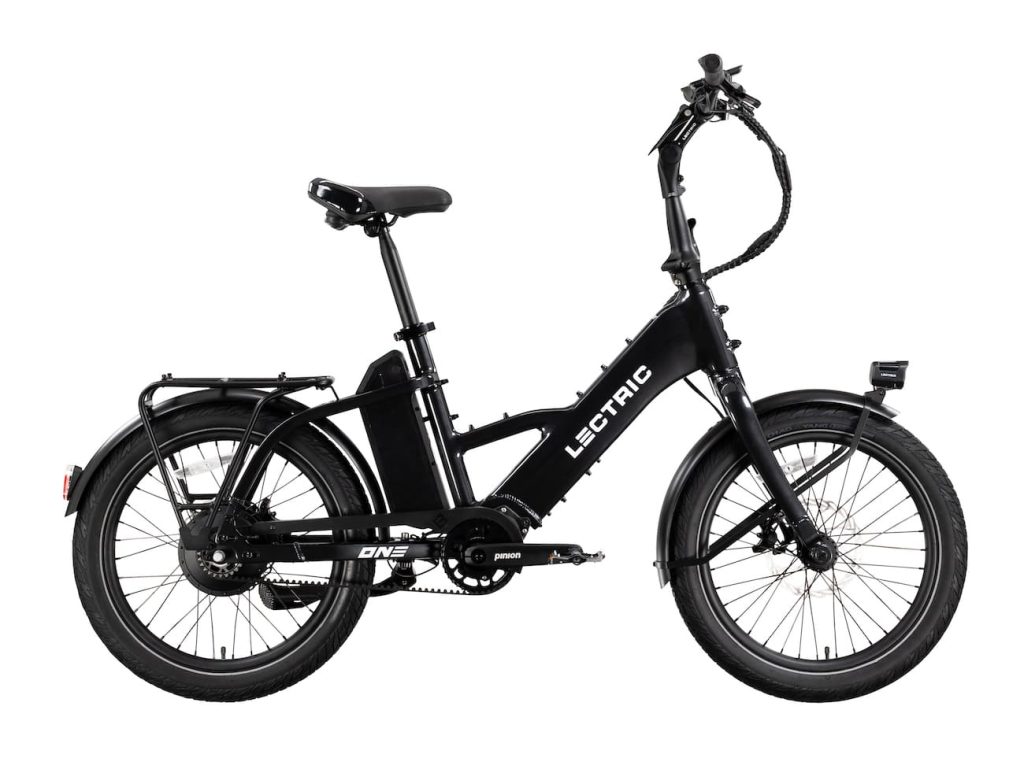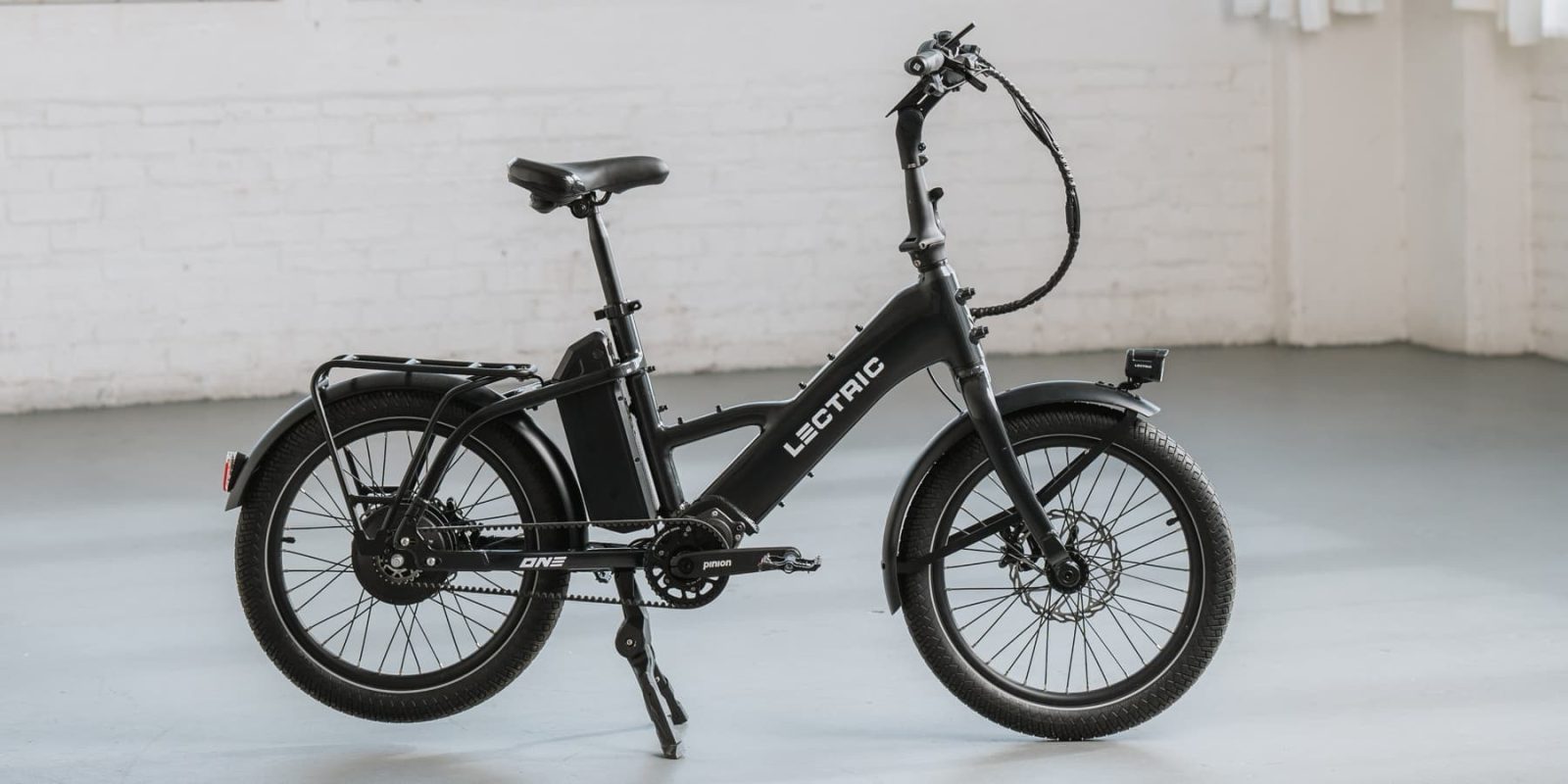
Earlier this week, Phoenix-based e-bike maker Lectric Ebikes surprised the industry with the unveiling of a high-end yet low-cost electric bike. The $1,999 Lectric ONE e-bike, which includes components like a Pinion automatic shifting gearbox normally found on models approaching five figures, resulted in a flood of questions. To get to the bottom of the most pressing concerns, we sat down with Lectric’s CEO Levi Conlow to discuss the decisions made in designing and producing the new e-bike.
Question 1: Why does the Lectric ONE use a cadence sensor instead of a torque sensor?
When testing the Lectric ONE with both cadence and torque sensors, we didn’t really feel like the torque sensor added very much to the experience, and would end up costing the consumer a lot more. We spent a lot of time dialing in the power delivery on this bike with PWR so that the experience comes shockingly close to the experience with a torque sensor. There are several settings users can adjust to dial in the way power gets delivered on this bike.
For reference, PWR is Lectric’s own design for more natural feeling pedal assist. Compared to most low-cost electric bikes that feel jumpier and tend to lurch forward when riders begin to pedal, Lectric uses a less common current-based pedal assist system that results in a smoother and more natural feeling ride. Having tested it many times, I can personally say that it still doesn’t feel as responsive as a true torque sensor, but it’s miles more natural feeling than the cheap cadence sensor and speed-based programming on most other e-bikes in this category.
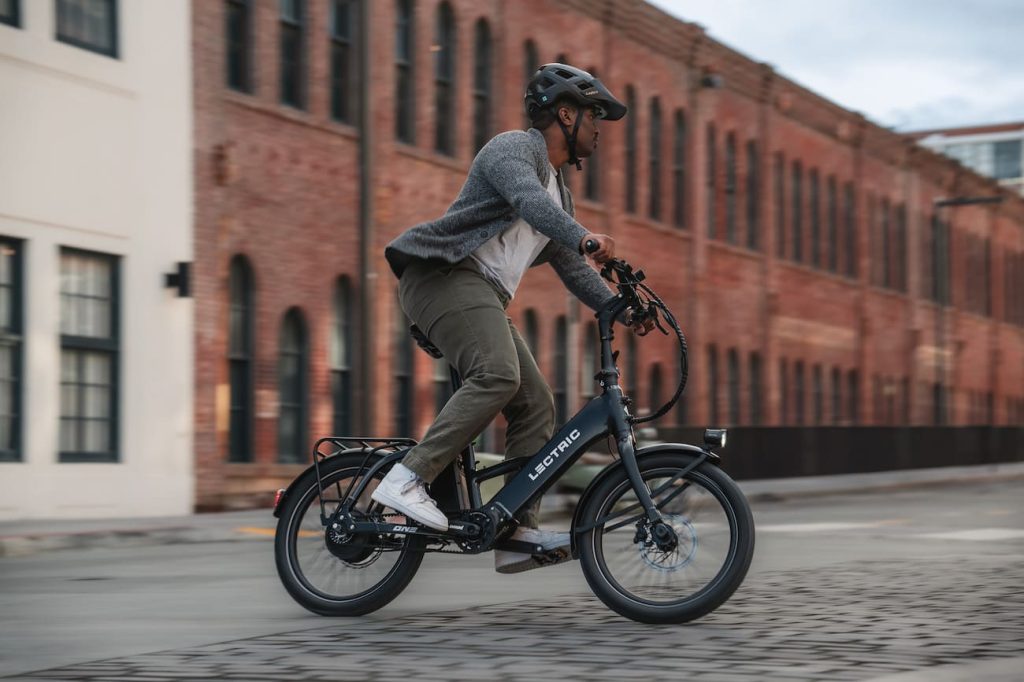
Question 2: Why didn’t you guys include a suspension fork on the Lectric ONE?
We wanted the Lectric ONE to be as light as possible to maximize ease of use for our riders. At 55 pounds, and with a 750w motor, the ONE is light enough to carry up to an apartment and powerful enough to rocket up to 28 mph for a quick, sweat-free commute.
This answer actually surprised me a bit. Sure, it definitely saves weight. But it seems like the Lectric ONE, with its much more sophisticated pedal drivetrain thanks to that Pinion electric-shifting automatic gearbox, is more of a cyclists’ e-bike. That means it is likely going to attract folks who already like to ride a pedal bike and are already bike commuters. Many (if not most) commuter bikes already lack suspension, allowing them to be more robust and longer lasting, not to mention lighter. So while the Lectric ONE is definitely lighter without a suspension fork, I imagine many of the people considering it are already frequent cyclists and likely have gotten used to common rigid bikes.

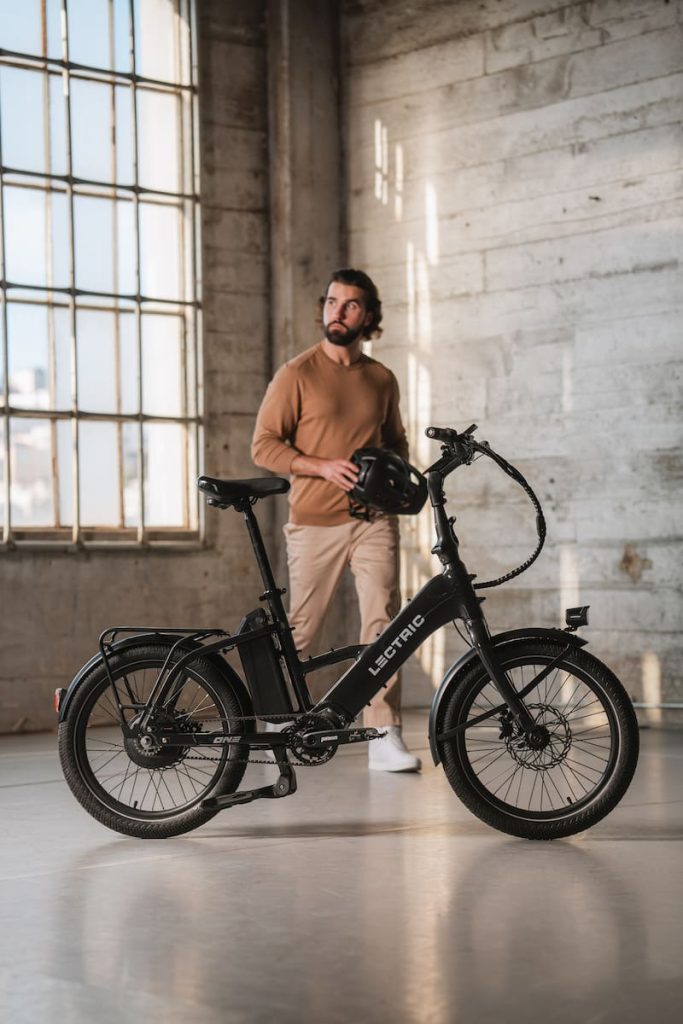
Question 3: Why the small (20-inch) wheel size on the Lectric ONE?
Putting smaller wheels on the Lectric ONE serves two primary purposes: Number one, weight savings. There really aren’t any advantages to having a commuter bike with a larger wheel diameter, and it adds weight and makes transport bulky. With 20-inch wheels and a foldable stem the ONE can be transported with ease. Number 2, acceleration is vastly improved with smaller diameter tires. It’s hard to put into words just how fast this bike gets moving from a standstill. Being able to accelerate fast adds to the joy of commuting by bike, gets you to your destination faster, and improves safety by enabling riders to maneuver quickly out of potentially dangerous situations.
I know there are some large-diameter wheel purists out there, but I personally agree about the benefits of 20″ wheels. Where I live, probably 80-90% of the commuter bikes seen on the streets and bike lanes are 20″ wheel bikes. It’s just more common around here. Large diameters have their advantages, but in commuting roles, they tend to be more than necessary.
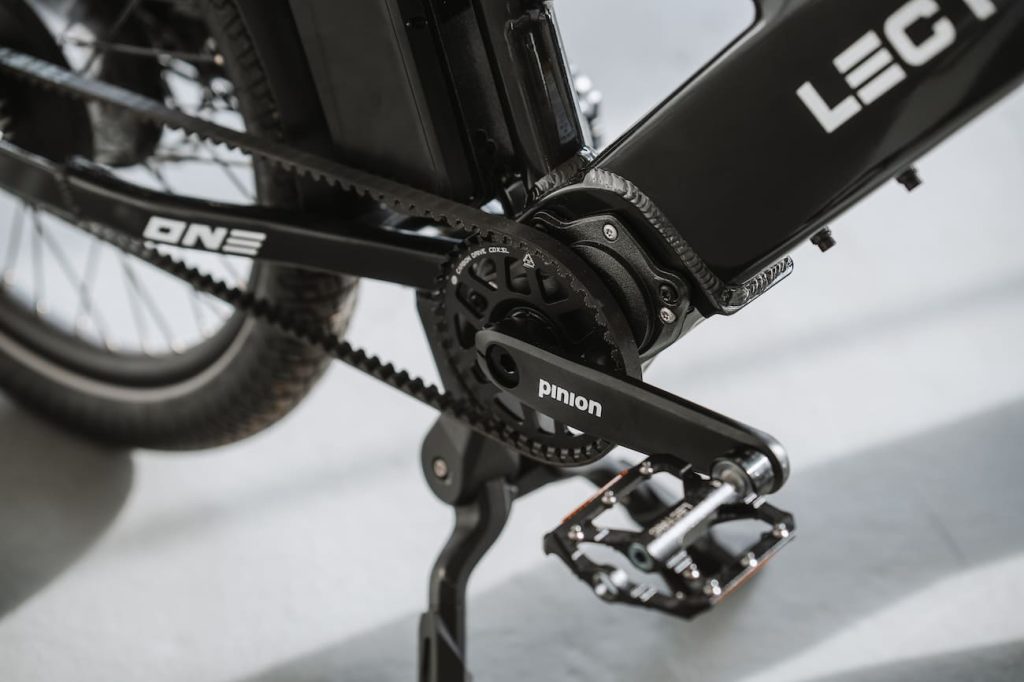
Question 4: Is the Lectric ONE UL compliant? Does that mean Lectric does its own UL testing?
The Lectric ONE is certified to UL 2849 by SGS, a Nationally Recognized Testing Laboratory. SGS is one of the leading global testing, inspection, and certification companies with over 99,600 employees operating a network of 2,600 offices and laboratories around the world.
This is quite common. Underwriter Laboratories is divided into non-profit and for-profit sides, with the former setting the standard and the latter offering its services to test and certify to that standard. While some companies do go straight to UL for their testing, others turn to various laboratories that have received international approval to certify to UL standards.
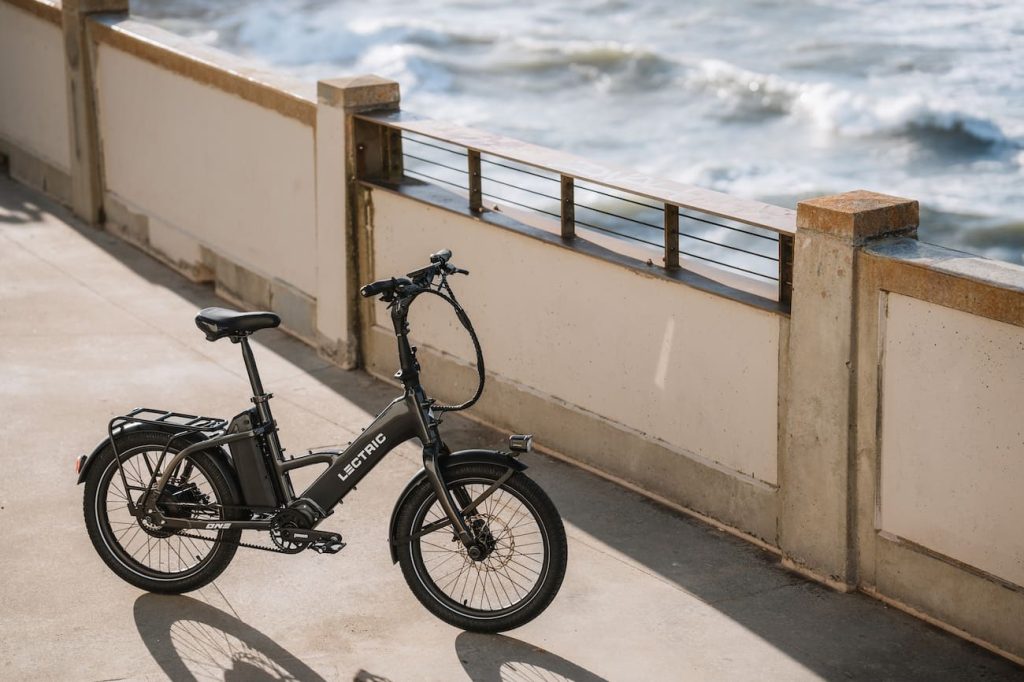
Question 5: This is a very different type of e-bike than you’ve ever made before. What type of rider does the Lectric ONE target?
The Lectric ONE is a commuting e-bike. With this product we are aiming to get people on a bike that can actually replace car miles. The almost maintenance-free drivetrain and semi-automatic shifting make this product as reliable as a car so you don’t even have to think as you’re riding. This product is also for folks who want to see the most cutting-edge technology the e-bike industry has to offer. Lectric’s scale has enabled us to bring many advanced features to a price point that is actually reachable.
